Question And Answer
Publications
Articles, publications, books, tools and multimedia features from the U.S. Institute of Peace provide the latest news, analysis, research findings, practitioner guides and reports, all related to the conflict zones and issues that are at the center of the Institute’s work to prevent and reduce violent conflict.

Thomas Hill on Libya’s New Stalemate
After a four-month offensive by the western U.N.-backed government, the Libyan conflict has fallen back into a stalemate. USIP’s Thomas Hill says the question now is whether the new stalemate “will lead to a political solution or is just another step in the road … until one side controls all of the oil wealth.”
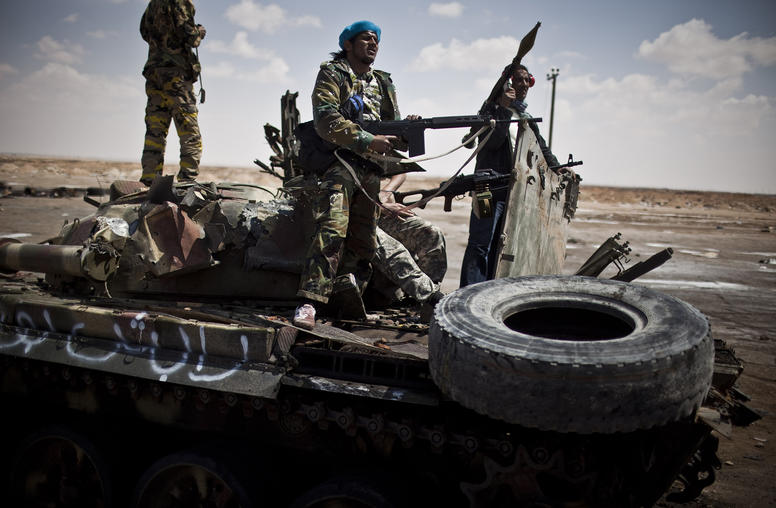
Foreign Interference Remains Key Driver of Libya Conflict
Libyan strongman Khalifa Haftar over a year ago launched his offensive to seize Libya’s capital, Tripoli, from the internationally recognized Government of National Accord (GNA). The battle for Tripoli had been at a stalemate for months until late May when hundreds of Russian military contractors, supporting Haftar’s Libya Arab Armed Forces (LAAF), retreated from fighting on the frontlines. The role of outside powers continues to drive Libya’s conflict, with Turkey, Egypt, the UAE, and Russia all heavily involved. Just yesterday, the U.N. mission in Libya said that the two sides agreed to resume cease-fire talks but did not say when these renewed talks would start.
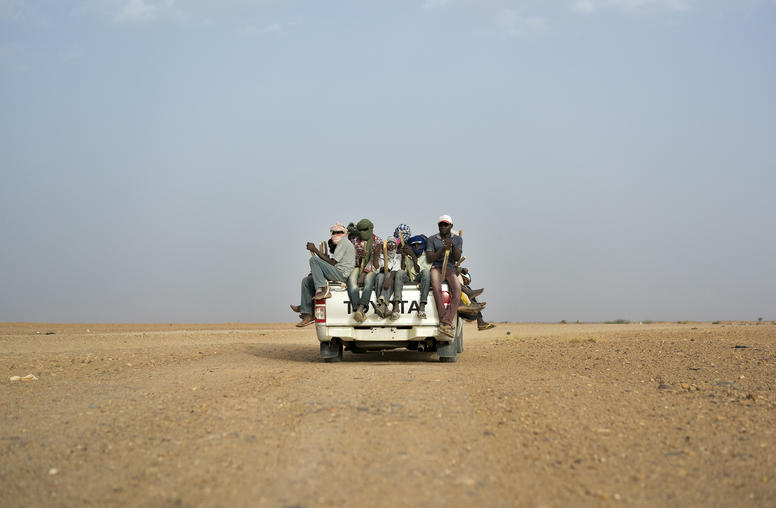
Illicit Drug Trafficking and Use in Libya: Highs and Lows
This report explores how illicit drug trafficking and drug use in Libya has shaped and been shaped by the country’s ongoing conflict. Drawing on hundreds of interviews and dedicated research, it examines Libya’s pre-2011 illicit economy, delves into the social impact of drugs, and focuses on drug use on the frontlines of Libya’s ongoing conflict, the corrosive impact of drug trafficking and use on the justice and security sector, and how trafficking and organized crime undercut peacebuilding and state consolidation.
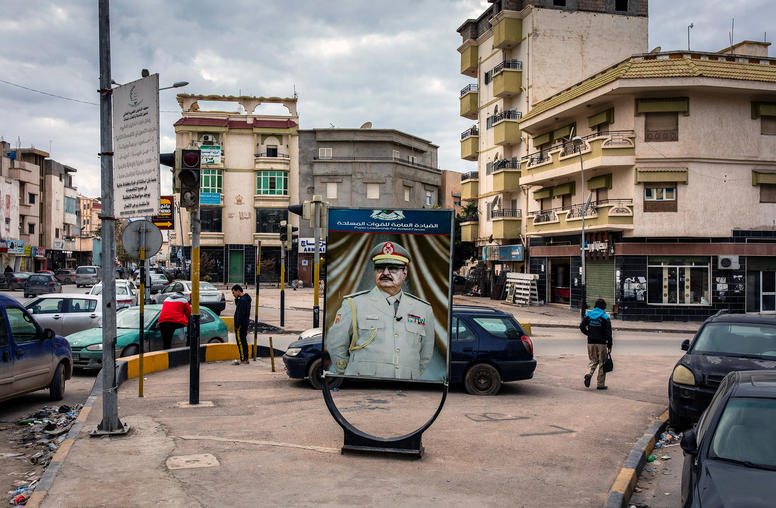
Peace in Libya will Have To Start with its People
For nearly nine years, Libyans have lived through war and political turmoil. The country has become a place for regional heavyweights and aspiring major powers to advance self-interests, often at the expense of the Libyan people. International attention and the recent peace conference in Berlin have focused on the role of external actors who violate U.N. arms embargoes, funnel money to militants, and incite violence through propaganda.
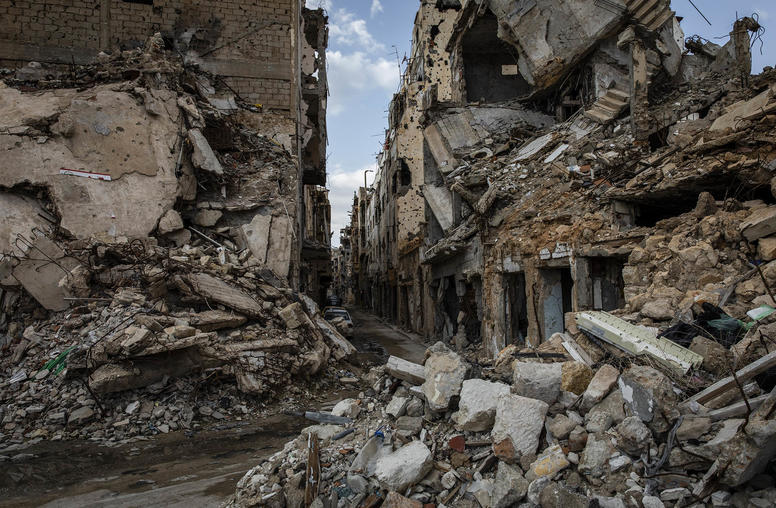
Coronavirus Shows Why Libya Needs to Build its Institutions
Even before the coronavirus pandemic spread across the globe, Libya’s health system—like many of the country’s institutions—was in crisis. The country’s public health infrastructure has been neglected since the 2011 uprising and even before it was in need of a fundamental overhaul. On top of that, many of the foreign medics in Libya fled following the conflict in 2011 and have not returned.
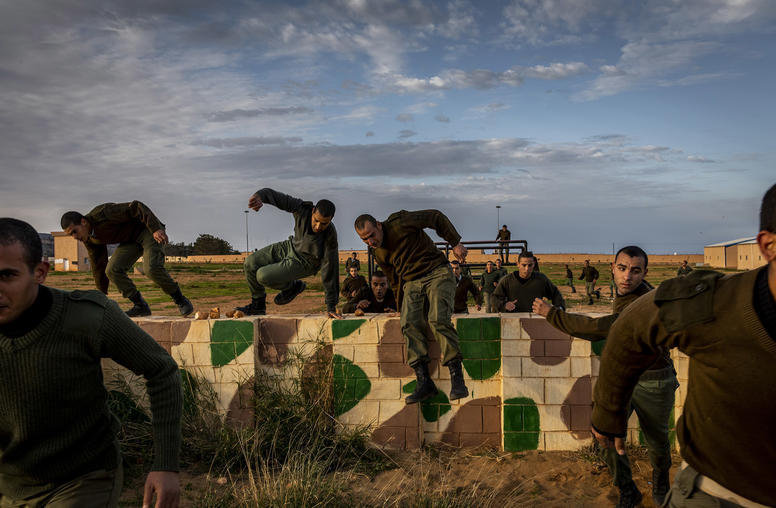
From Foreign Interference to Failed Diplomacy, Libya’s Conflict Drags On
Back in November 2019, the foreign minister of Libya’s U.N.-backed Government of National Accord (GNA), Mohammed Syala, told USIP that the key to ending Libya’s civil war was the cessation of foreign involvement. Yet, despite international efforts, foreign interference—from Turkey to the UAE, from Russia to European states—has only deepened. What’s next for Libya’s civil war and how can the U.N. and European Union (EU) play a constructive role in bringing the conflict to a close? USIP’s Nate Wilson and Thomas Hill discuss the EU’s effort to enforce an arms embargo, the impact of the conflict on Libyan society, Turkey’s involvement in Libya and more.

Thomas Hill on Libya Peace Talks in Berlin
At the Berlin Conference last weekend, participants reached a “gentlemen’s agreement” to halt the influx of arms from international actors into Libya’s conflict. USIP’s Thomas Hill says that while “th
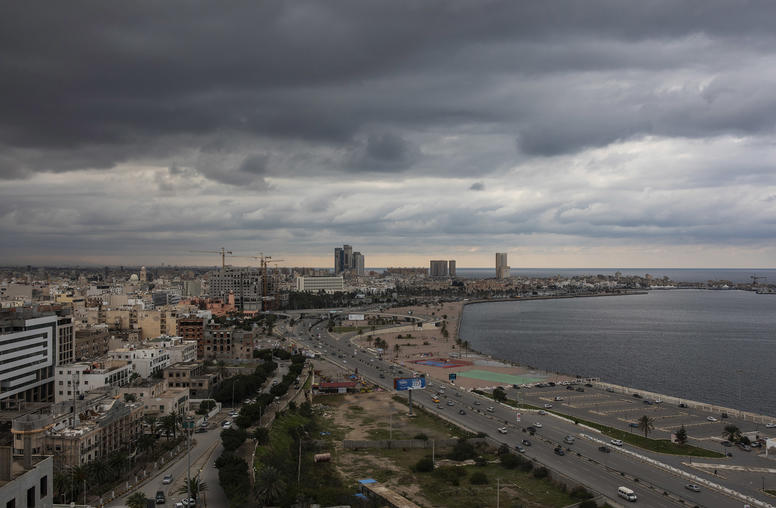
After Berlin, Will Foreign Actors Back Out of Libya’s Civil War?
Tags: Dialogue, Mediation & Negotiation Published: January 21, 2020 / By: Nate Wilson; Thomas M. Hill More than eight years since the death of Col. Muammar al-Qaddafi, Libya remains in state of protracted conflict with rival governments in Tripoli and Tobruk. Backed by the U.N., the Tripoli-based government has been at a stalemate with the eastern-based Libya Arab Armed Forces (LAAF) led Field Marshall Khalifa Haftar, who launched an assault on Tripoli in April. Foreign backers have flooded into the country to advance their own interests—but this has only exacerbated the conflict. Over the weekend, a long-delayed conference in Berlin aimed to put Libya on a path to peace and end foreign interference. USIP’s Nate Wilson and Tom Hill explain what happened at the conference, how the U.S. fits into this picture and where Libya’s conflict goes from here.
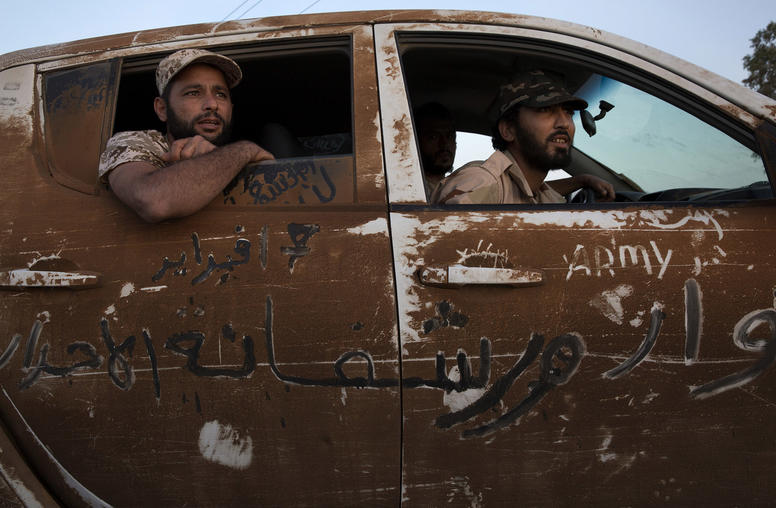
In Libya, Peace is Possible if Foreign Interference Ends
If foreign powers ceased their involvement in Libya, the country’s protracted civil war could come quickly to an end, said Mohamed Syala, the foreign minister of the Government of National (GNA), in an interview with the U.S. Institute of Peace. The role of outside powers in Libya’s conflict has garnered renewed international attention in recent weeks as Russia has ramped up its support for Field Marshall Khalifa Haftar’s forces.

Nate Wilson on Libya’s Protracted Conflict
Factional violence and civil war have prevented Libya from transitioning to a secure, democratic government in the eight years since Qaddafi’s fall. But USIP’s Nathaniel Wilson says the path to peace still exists, and that “these kinds of generational revolutions take more time than that to play out.”